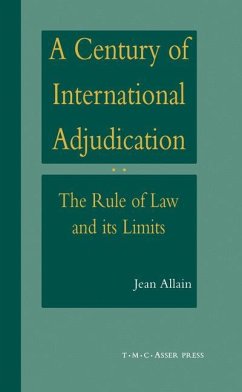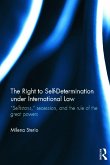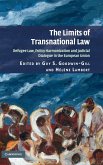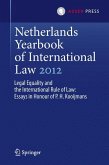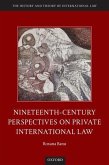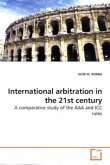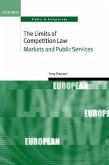This study considers the ftrst century of international adjudication as a permanent fixture of the international society. By using speciftc international courts to which I was attached, as either a researcher or an employee, I was allowed to consider the various limitations to effective adjudication on the international plane. I recall the day in January of 1992 when the seeds of this manuscript were ftrst planted. I was on the fourth-floor of the Loeb Building at Carleton University leafing through a copy of Thomas Burgenthal's International Human Rights Law in a Nutshell when I came upon a chapter on the Inter-American Court of Human Rights. "How could this be?", I thought. "A little known human rights court in a part of the world fraught with human rights abuses". That semester, I followed through on a course in international human rights law with Professor Maureen Davies and accepted a University Fellowship to do graduate work at Brock University (Canada) the following year. Supported in my interest by Professor James Patrick Sewell, I sought and received an Organization of American States Fellowship to spend an academic year studying the Inter American Court of Human Rights, in situ, in San Jose, Costa Rica. It is from this period that I witnessed ftrst-hand how the Inter-American Court, although similar on paper to the European Court of Human Rights, was limited in its effectiveness through the lack of ftnancing and stafftng allocated to it by American States.
Hinweis: Dieser Artikel kann nur an eine deutsche Lieferadresse ausgeliefert werden.
Hinweis: Dieser Artikel kann nur an eine deutsche Lieferadresse ausgeliefert werden.

